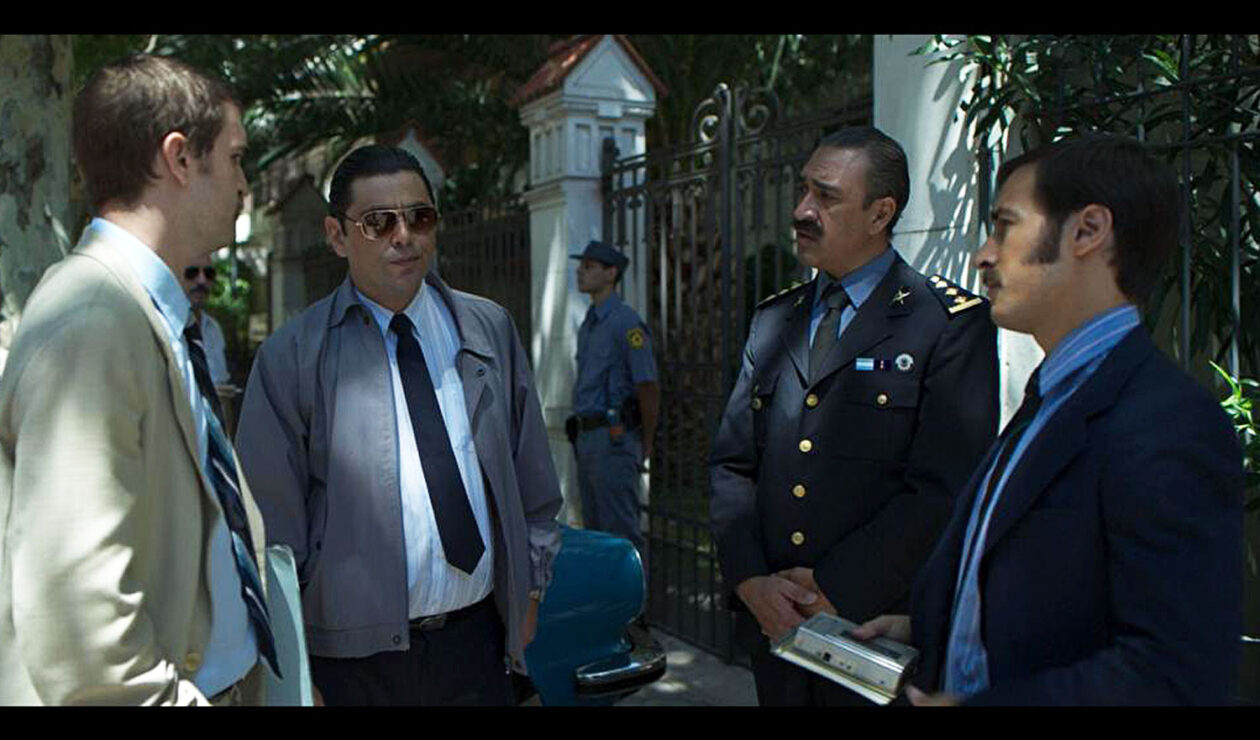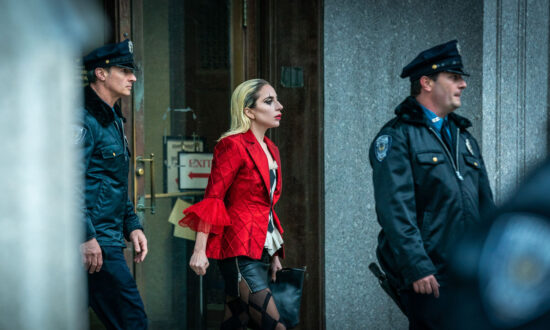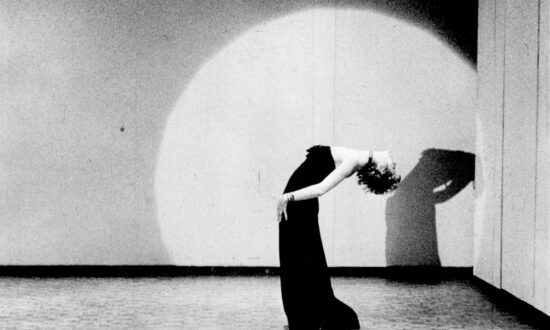A better translation of the title for this film would be An Argentinian Crime, because its particulars follow the true story of a kidnapping in the Argentinian city of Rosario, north-west of Buenos Aires. The attempts made to find the kidnapper and the way the case unfolded were a stinging indictment of what passed for law and order in 1980, three years before the election of Argentina’s first democratic president.
The film gives off waves of heat and seediness, which are entirely fitting to a case involving the overnight disappearance of a wealthy, hard-partying Syrian businessman, Samara. His family are frightened something has happened and report him missing, and it’s not long before a call comes in demanding a ransom.
The Argentinian justice system is not unlike the French in that a judge works closely with the police, overseeing events with the aim of securing a conviction while actively investigating through his office. Working for him are two clerks, both with PhDs in law – Rivas (Nicolás Francella) and Torres (Matias Mayer) – along with judicial secretary Maria (Malena Sánchez).
Argentina at the time was ruled by the last of the miliary dictatorships – Peron was overthrown four years earlier – and a culture of ruthlessness and brutality infected the police. Unauthorised searches were routine and violent; the police chief butts his cigarette out on a doorframe, having seen his men trash the place. A police stakeout during a ransom drop is ludicrously amateurish and, unsurprisingly, it all goes wrong.
The police are essentially at war with the efforts of the judiciary to make a conviction based on legitimate evidence, and at the very least the discovery of a body. Cronyism is rampant and the police are disdainful of proper process. When they find their man, Martino Marquez (Dario Grandinetti), they physically torture him.

Get InReview in your inbox – free each Saturday. Local arts and culture – covered.
Thanks for signing up to the InReview newsletter.
There are no real heroes to be found, although the earnest efforts of Rivas and Torres push the case along and eventually turn up some sickening evidence.
The production values of A Singular Crime are low and the 1980 fashions, vintage cars and washed-out, grainy colour give it the air of an old TV detective series. The script is also wordy, probably because the story was adapted from the best-selling book about the case by Reynaldo Sietecase.
On one level, the film comes across as a faded police procedural marred by bungling and ineptness, an impression not helped by the poor translation in the subtitles. But its impact and interest are in the mirror it holds up to those seeking justice under a military dictatorship and how they were compromised at every turn by a system clinging to power.
A Singular Crime is showing as part of the Spanish Film Festival at Palace Nova Eastend until July 5.
Support local arts journalism
Your support will help us continue the important work of InReview in publishing free professional journalism that celebrates, interrogates and amplifies arts and culture in South Australia.
Donate Here




